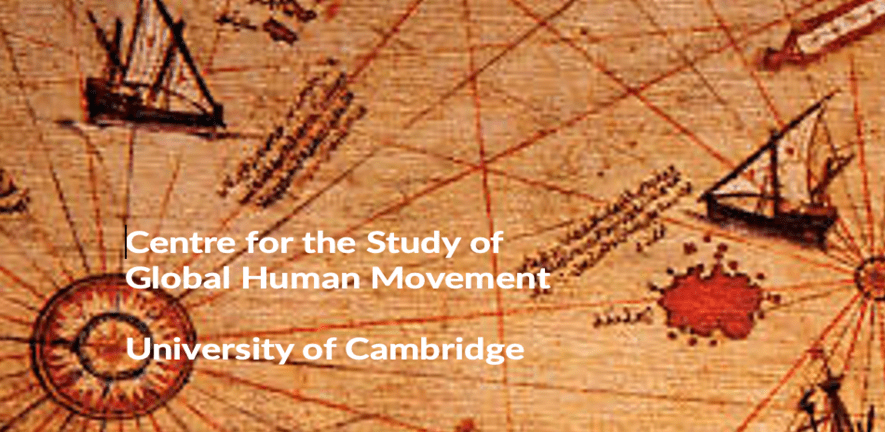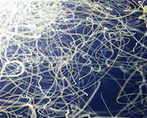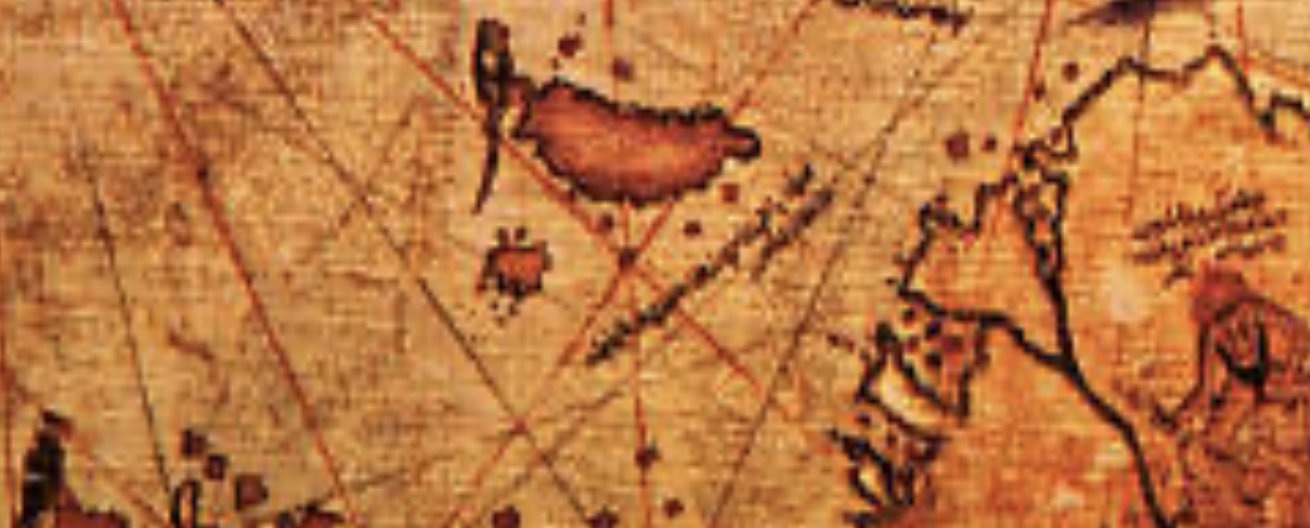
The Centre for the Study of Global Human Movement
The Centre for the Study of Global Human Movement is a unique interdisciplinary research centre of the University of Cambridge. Our Centre has more than 80 registered academic members and more than 50 doctoral students, representing five of the University of Cambridge schools and over 20 departments and institutes, including anthropology, archaeology, architecture, engineering, geography, history, law, politics, public health and sociology. Our collective research expertise includes borders, digitalisation, displacement, education, emergencies, livelihoods, health, hospitality, languages, literature, migrants, refugees, shelter, smuggling and trafficking as well as technologies. The Centre supports research, teaching, practice and policy-related activities on global movement, creates cross-disciplinary networks and partnerships within the University of Cambridge and with external partners, and co-sponsors and promotes activities, workshops and conferences falling within its areas. It serves as a platform, hub and network. The Centre also houses the Cambridge Refugee Hub, established in 2021. CRH works through collaboration with those affected by wars, conflicts, and crises, together with the interdisciplinary expertise of the university, to address the plight of displaced populations at home and abroad. CRH provides research, outreach and impact (and limited teaching). Through its programming, it also encourages wider research, practice and policy across the collegiate university. Further, CRH serves as a point of contact on refugees and displaced persons across the University of Cambridge, platforming various initiatives, such as Cambridge for Refugees and Crises Desks.
Challenges
The creation of the Centre for the Study of Global Human Movement is a response to the importance of movement as one of the greatest achievements and challenges of the 21st century. Whether triggered by trade, desire, war, studies or work, movement produces modern subjects, including the global worker, the stranger, the refugee, the coloniser and the ex-patriot, and redefines social relations. It provides for artistic, cultural and linguistic encounters and enables economic and material exchanges. At the Centre, we seek to capture this complex dynamic world which humans navigate and which they shape and are shaped by, so as to address contemporary challenges to global and national social orders.
Centre Aim, Vision, Mission
The Centre’s ambitious aim is to open up novel means of thinking about movement, mobility and migration through transdisciplinary conversations. To this end, the Centre promotes collaboration among the arts, humanities, social sciences, natural sciences and technologies. It encourages blue skies research, teaching, policy and public engagement. The Centre promotes innovative research on causes and consequences of movement, in ancient and contemporary formations. It explores how movement shapes subjectivities, relations and moralities, and how it reconfigures political, economic and societal constellations. Transdisciplinary research is indispensable to shifting narrow disciplinary ways of capturing human movement that relegate the slave to history, allocate the refugee to refugee studies, and the migrant to migrant studies. Disciplinary and subdisciplinary appropriations of particular types of movement and demographic orders simplify and narrow the range of potential answers to the global challenge. The Centre engages with movement as a complex human phenomenon that shapes the modern period, generating new rationalities and relations, exchanges and productive capacities, new creativities, arts and languages. Human movement is not limited to the circulation of people, but extends to the sedimentation and circulation of knowledge, artifacts and moralities.
Our vision is to understand the past and present dimensions and tensions of mobilities and immobilities in order to improve the lives of people on the move and foster just and thriving societies.
Our mission is to lead an innovative and transformative programme that impacts global policy and practice on migration and mobility through the collaborative interdisciplinary and evidence-based research, working with a global network of universities, charities, professionals and policy makers.
Research Themes
The Centre welcomes the wide range of research methodologies used in the study of human movement. We welcome local, regional and global approaches and encourage the use of a broad range of research methods and data sources (from large quantitative data sets, digital data, qualitative studies, historical research, archaeological research to poetic and dramatic engagements). Some of the variety of topics with which we aim to engage include:
- Narrations, journeys and encounters
- Cultures, creativities, language and heritage
- Exchanges, trade, labour mobilities
- Refuge, security, and conflict
- Politics of borders, crime and security
- Rights, equality and social justice
Centre History
In January 2014, Co-Founders Professors Madeleine Arnot and Loraine Gelsthorpe, and Research Associate Dr Jessica Wheeler, launched the Cambridge Migration Research Network (CAMMIGRES), funded by the Vice-Chancellor’s Endowment Fund. CAMMIGRES, brought together a superb tract of migration research, spanning 23 University of Cambridge faculties, departments and centres, including researchers in anthropology, archaeology, history, politics, economics and land economy, geography, sociology, gender studies, psychology, health and education studies, management studies, linguistics, theology, criminology and law. Expanding on this successful initiative Professors Loraine Gelsthorpe and Emeritus Professor Madeleine Arnot have won funding from the School of Humanities and Social Sciences to establish a self-sustaining Centre for the Study of Global Human Movement. The Centre seeks to support scholars in creating cross-disciplinary networks and partnerships within the University and with other universities and external agencies.
|
Annual Report 2020/21: |
Annual Report 2022/23:
|






